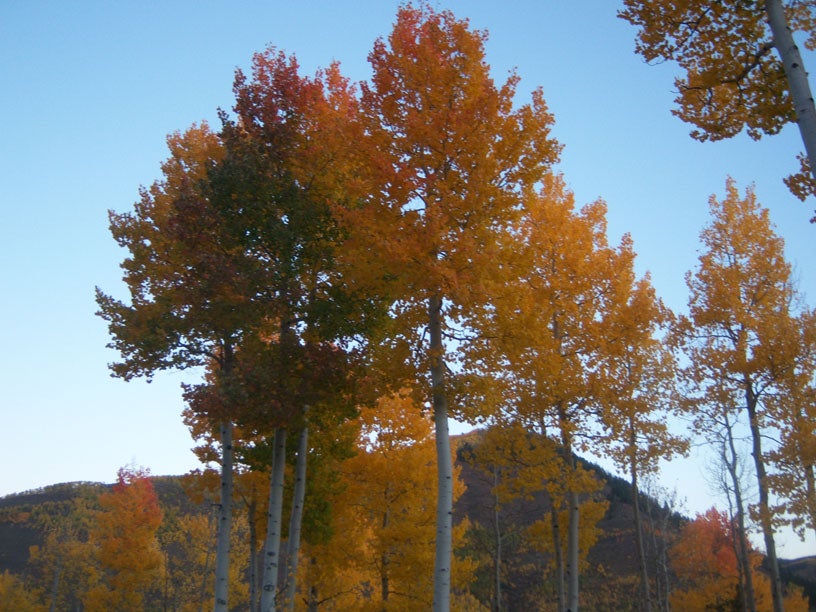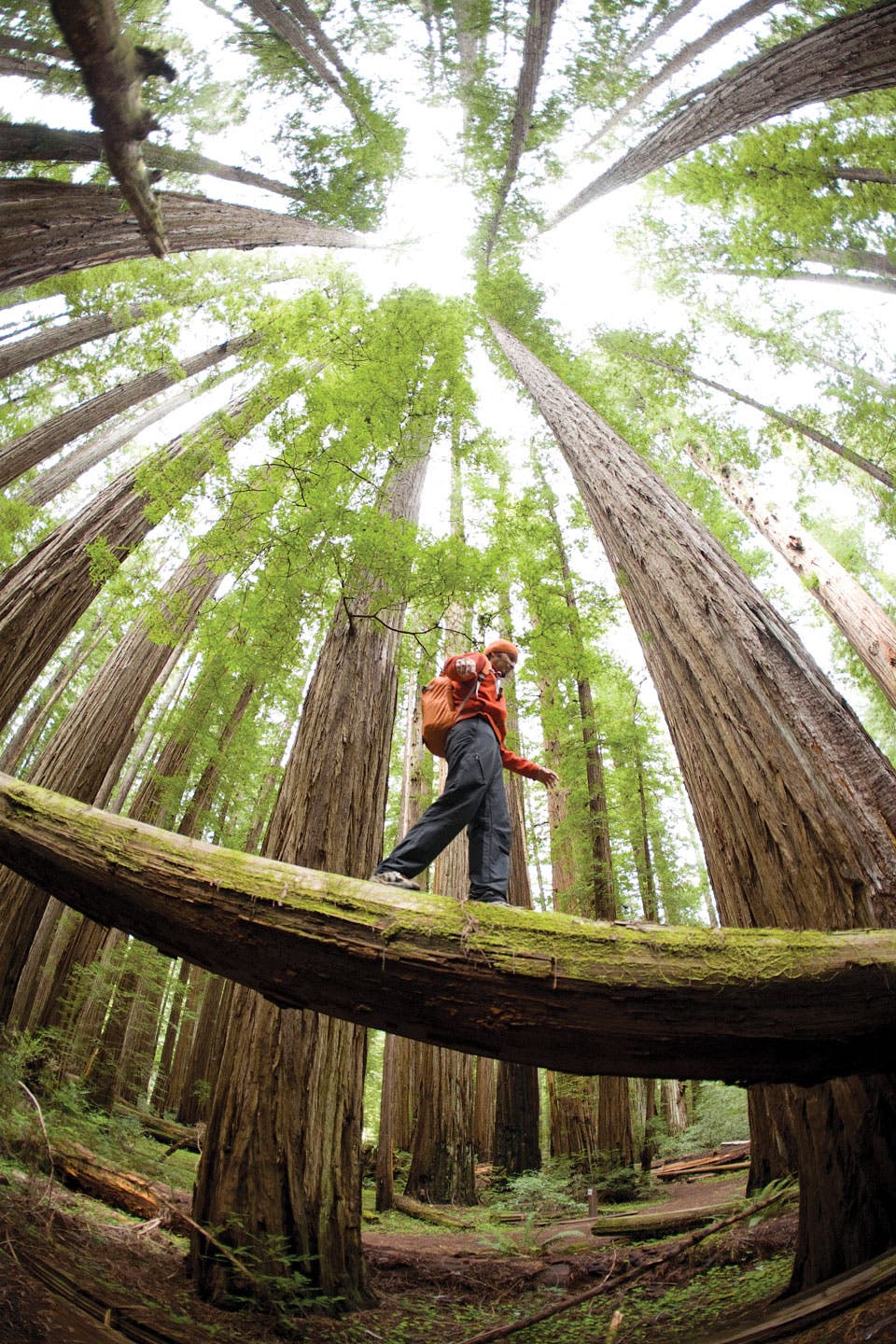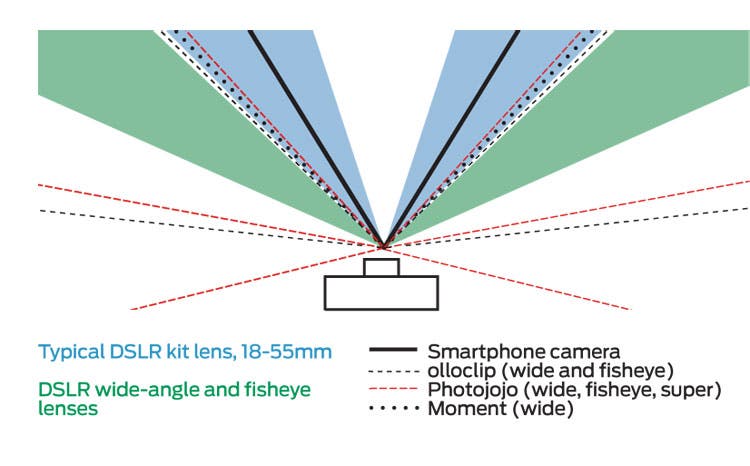Photo School: Capture Tall Trees


Wait for Clouds
In any forest, overcast days are best for shooting because they offer more even lighting. But be sure the ground is sufficiently lit.
Look Up
This is the best way to capture the forest’s height. Find trees that are close together and representative of the location (straight and tall redwoods; curvy, unpredictable oak branches; fall-colored maples or aspens). Focus and expose for your foreground.
Use a wide lens
The wider your lens, the more trees will fit in the photo. Consider a fisheye; it’ll cause distortion, curving even more trees into the frame and making them seem taller while adding energy.
Add a person
Not only will a human help viewers tell how tall and wide the trees are, he’ll also help people imagine themselves in your scene. Careful: With a wide lens and low angle, don’t get too close to the person, put them on the edge of the frame, or shoot their backside—distortion isn’t flattering.
Pick your (wide) angle
Some things you can capture better with a wide lens: ridgelines, rainbows, redwoods. And they’re not just for DSLR users anymore. Several brands now offer accessories that attach to your smartphone: Check out olloclip’s 4-IN-1 Photo Lens ($70; iPhone/iPad; olloclip.com); Photojojo’s Wideangle, Fisheye, and Super Fisheye ($20-30 each; fits almost any phone with a lens; photojojo.com); or Moment’s Wide Lens ($80; some Apple and Android products; momentlens.co). Here’s how the angles of each option compare.
